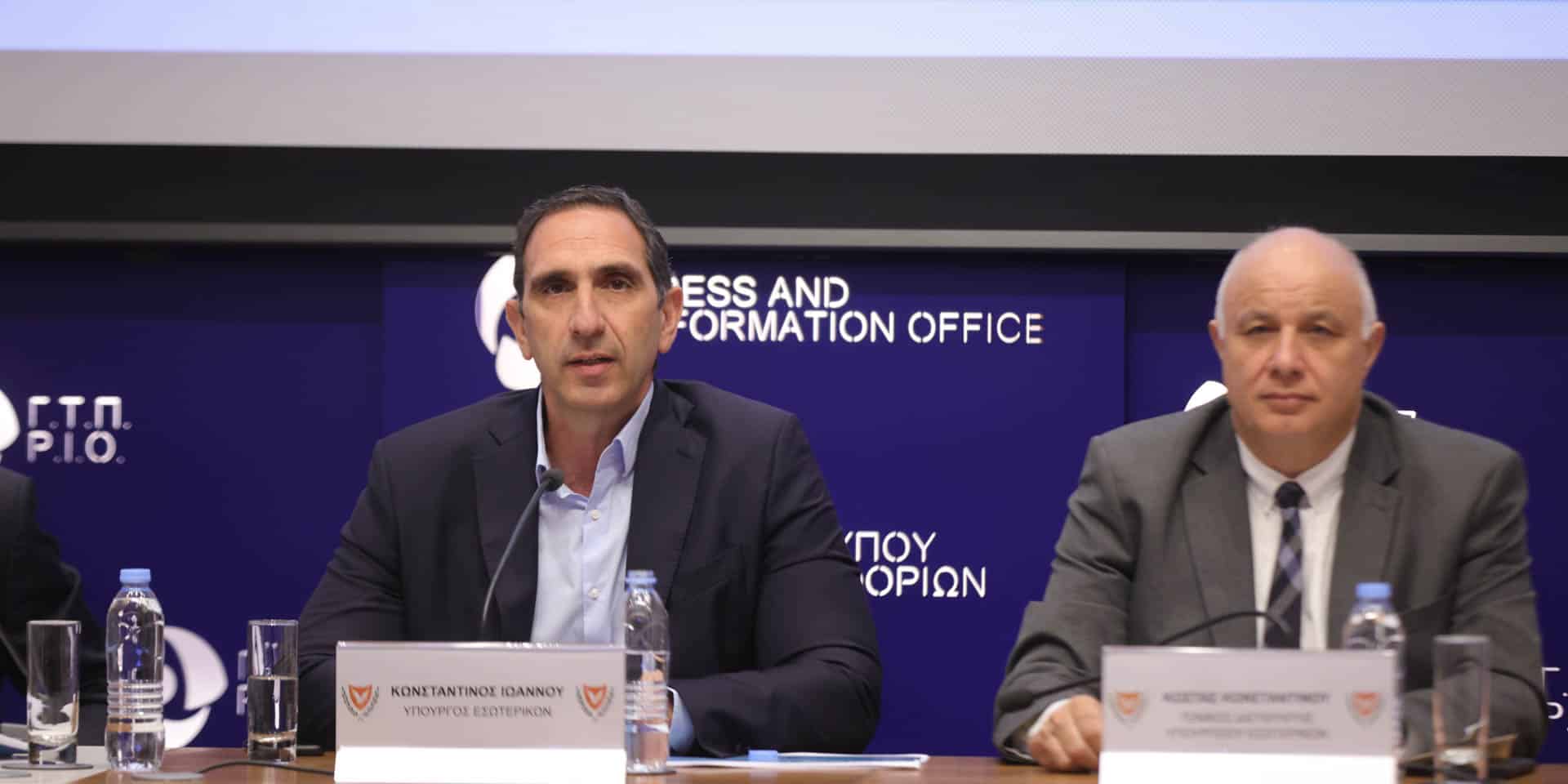More irregular migrants have for the first time in years left Cyprus than arrived, Interior Minister Constantinos Ioannou said on Tuesday outlining the government’s migration policy.
He reemphasised the government’s commitment to getting the situation under control, saying major improvements have been made on the migration issue in the past three months, with more on the way.
“Our policy focuses first and foremost on mitigating the disproportionate numbers we are facing. The ultimate aim is to reach a point whereby the state’s resources are better able to provide the protection and integration of those in real need,” Ioannou said.
He reiterated, however, that the main obstacle is that 95 per cent of asylum seekers enter the Republic via the Green Line – which is not considered an external EU border, therefore limiting certain options which are available to other countries.
But as for reducing the overall number of irregular migrants, Ioannou highlighted that recent actions taken have led in the last two months to 1,788 people leaving while 1,646 arrived – the first such ratio in years.
A key part of achieving such results, he said, will be further enhanced once Cyprus has more adequate facilities to house failed asylum seekers – therefore ensuring better checks and organisation. That will be boosted by the works at the Limnes and Menoyia centres, which are set to be finished within two years.
A key aim is to achieve more deportations, and the government has therefore increased the number of staff at the returns office – with a target of 1,000 returns/deportations per month.
Another prong is getting ahead of the immense backlog of asylum applications which causes major delays further down the line.
To this end, he said the government has already hired 27 additional staff to examine asylum applications with a further 25 set to be added by September.
The proof is in the numbers, he said: 2,400 applications were reviewed in April and May, during which time 1,646 applications were submitted.
The interior minister said the aim is for the bolstered application review team to get through 1,800 applications a month.
But in an effort to be honest about the challenges, Ioannou said the problem is compounded by complications centred on the Green Line.
A key focus is now on the Eastern Mediterranean Action Plan, which was presented to diplomats in May, and according to Ioannou must utilise the EU’s diplomatic tools to convince and press Turkey to reduce the number of arrivals to Cyprus via the north.
Local measures are limited, but he reiterated that 218 guards have been hired who are tasked with, among other duties, identifying human traffickers.
Finally, he said the creation of the deputy migration ministry will offer a more holistic approach to the issue. The relevant paperwork is expected to be reviewed by the council of ministers in June for its creation, Ioannou said.
Throughout Ioannou’s speech he reiterated familiar points, such as asylum applications having increased by 490 per cent since 2015, with applicants or those who have received protection now accounting for six per cent of the population, while in 2022 96 per cent of applications for asylum were rejected.







Click here to change your cookie preferences